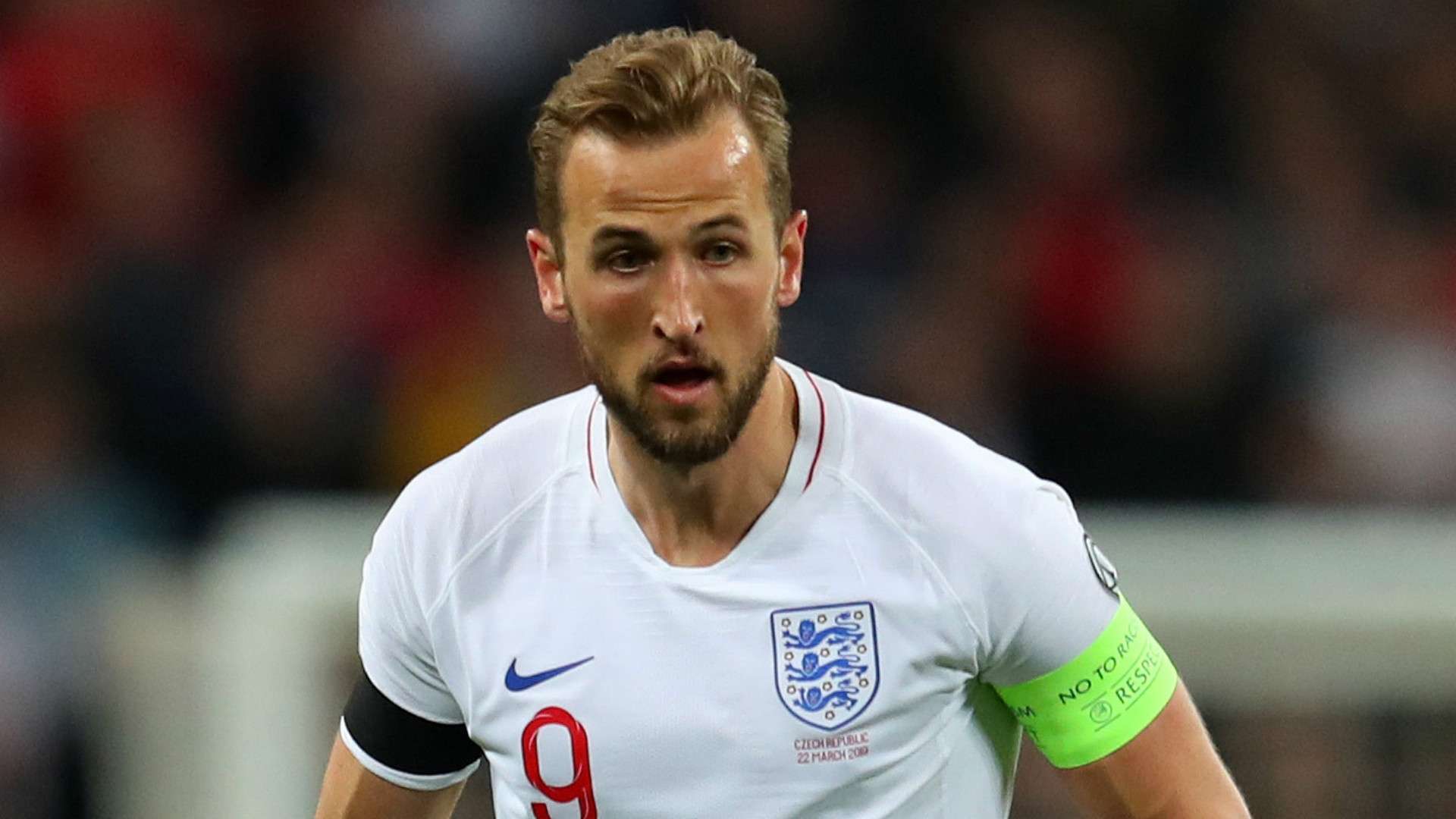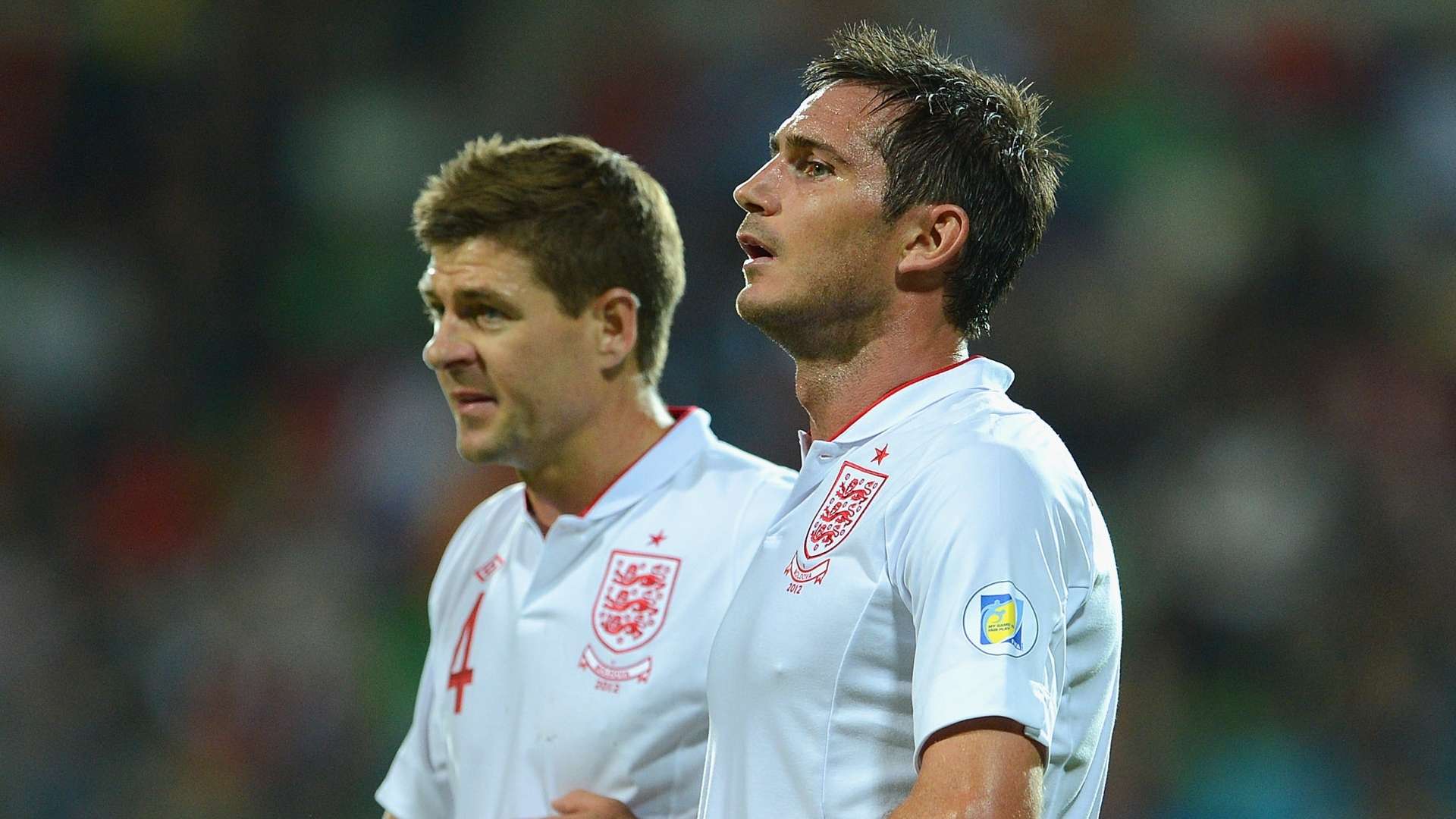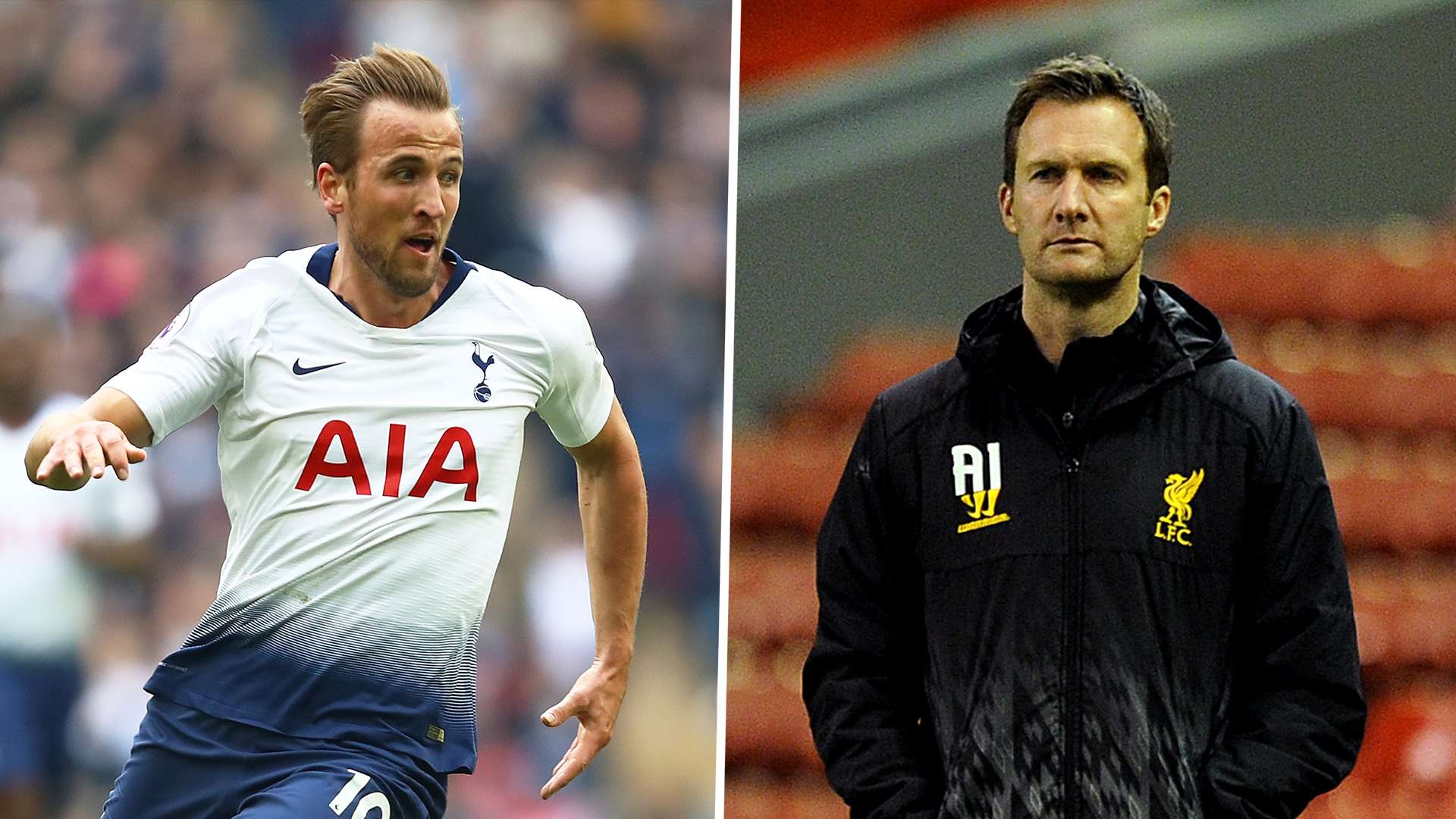Whatever happens in next week’s Champions League final, Alex Inglethorpe will be proud.
As Liverpool’s Academy director, he will be hoping for a red victory in Madrid of course. He will pray for Trent Alexander-Arnold, the local hero, to get his hands on club football’s biggest prize. He would love for Jurgen Klopp, a close ally, to secure his first piece of silverware at Anfield.
If that doesn’t happen, Inglethorpe will reflect upon the success of his former club. The 47-year-old spent six years coaching at Tottenham before his move to Merseyside in 2012. He can count Harry Kane, Harry Winks and Danny Rose among his former pupils. All three could line up against Liverpool on June 1.
“I’ve been very fortunate to have worked at both clubs,” Inglethorpe tells Goal, looking out across the lush green fields of Liverpool’s Kirkby base. “And I appreciate how lucky I am. Two great clubs, full of wonderful experiences.”
At Liverpool, his remit is wide-ranging. He oversees all aspects of coaching and development, from pre-Academy right through to Under-23s. He sets the training programme, appoints the coaches and judges which players can progress towards the first team, and which will need to make their way elsewhere.
His experience is vast. After a modest playing career with Watford, Leyton Orient and Exeter, he turned his back on a career in senior management to join Spurs’ staff under Martin Jol in 2006.
At White Hart Lane, he worked under four different permanent managers – Jol, Juande Ramos, Harry Redknapp and Andre Villas-Boas. It was chaotic at times, but a hell of a learning curve for a young coach.
“You learn to adapt,” he says. “There’s always something you can learn, even if sometimes it’s what not to do. It’s what makes the job fun, I suppose.”
Inglethorpe’s record at Spurs is impressive. At various points, he helped bring through Winks, Rose, Nabil Bentaleb, Ryan Mason, Steven Caulker, Iago Falque, Tom Carroll, Jake Livermore, Andros Townsend, Adam Smith and Charlie Daniels. It’s a strong list.
 Getty Images
Getty Images
Kane, of course, is the one whose accomplishments will top them all. The England captain is one of the world’s premier strikers, a goalscorer en route to breaking all manner of records.
At 14, though, he was “middle of the group” at Tottenham. At 17 he was on loan with Orient in League Two. His real first-team breakthrough would not come until 2014, by which time he’d been to Millwall, Norwich and Leicester – and not always with success.
“His story is one I use,” Inglethorpe says. “It makes it easier in my mind that I know what I’m doing, and that I believe in what I am doing. And it shows there is more than one way to make it as a player.
“Harry was young when he made his Spurs debut. He played against Hearts in the Europa League. He missed a penalty.
“But he then had to go on a journey after that, he had to experience some ups and some downs. Then he comes back and after accruing probably 100 games elsewhere, and he’s in a position to make his mark. It set him on his way.
“That tends to be the difference, that experience. I’ve said this before, but a 17-year-old Mo Salah wouldn’t take the place of a 26-year-old Mo Salah. The only thing that separates them is 200 games somewhere. I think we have to bear that in mind sometimes.”
Inglethorpe, naturally, has watched Kane’s rise with relish. He has long believed that England have the talent to match any nation in the world, and believes they are in as good a shape now as they have been for some time.
“We’ve had world-class players in the past,” he says. “Michael Owen, Steven Gerrard, Paul Scholes, Wayne Rooney, David Beckham. They’ve been here, but we’ve not really been able to put them into a world-class style of play. For years we seemed obsessed with playing two up front, for example, and didn’t know how to fit in three midfielders.
 Getty
Getty
“Now, it feels like we have a better idea of how to set teams up and how to get the best out of world-class talents. You look back 15 years, England couldn’t find a way to fit Gerrard, Scholes and Frank Lampard into a team? It’s cringeworthy!
“But I think the language around football has changed. We were behind the times for years. We didn’t understand counter-pressing or playing between the lines. Nobody spoke that way. But we have had a lot of influences in the Premier League, and now we speak the same footballing language as the Germans and the Dutch and the Portuguese.
“What that enables us to do at youth level and then with Gareth [Southgate] at the senior team, we think we can give our best talent the opportunity to play in a way which is very similar to the way they play at club level.”
At club level, of course, English talents are thriving. The Champions League final, for example, could feature as many as nine home-grown players.
“That can only help,” Inglethorpe says. “Let’s be honest, the Champions League is the toughest competition there is, in terms of the longevity and the quality of it.
“Playing in that competition and reaching the latter stages, reaching finals, it can only be good for English players.
“This year [in the final] you’ve got so many players that could potentially play for England, and now they will have one or two Champions League finals under their belts. That can only help the national team.”




